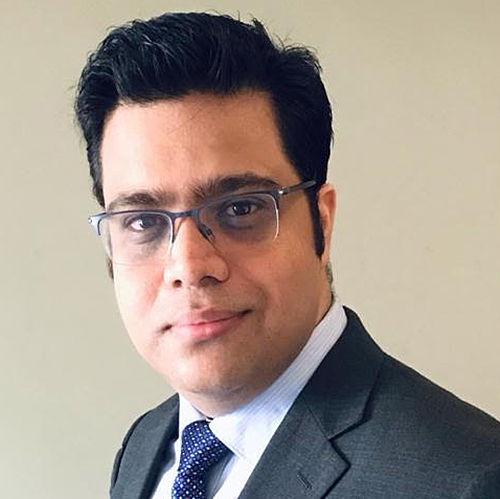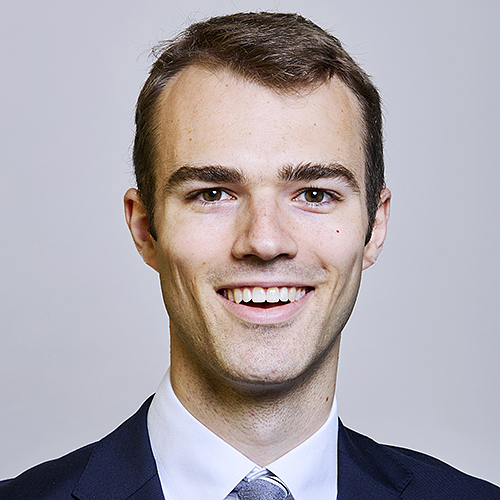The Eurozone crisis is expected to drag for another two to three years, but Asian markets still have several positive offsets that could help them pull through the challenging environment, according to US investment management firm Invesco.
“Going forward, we see a lot of uncertainty,” says Paul Chan, chief investment officer for Asia ex Japan. “The outlook for Asia depends pretty much on the development of the external side, i.e. the US and Europe.” He explains that over the long term, studies have shown that every time there is a deep recession in the West, the gross domestic product (GDP) growth of Asia-Pacific ex Japan dips below its average of 7.5 percent a year. A political year such as 2012 – with elections in Taiwan, Hong Kong and Korea – also often bodes uncertainty in Asian economies.
John Greenwood, chief economist of Invesco, adds that the main issue in the region has been the slowdown in export growth, with only exports to the Asian region still remaining firm. “Economies have to be more reliant on domestic demand. That rebalancing needs to occur but has not yet.”
Because of these, countries that are more closed to the West such as China, Indonesia, the Philippines and Taiwan were the ones given an overweight position. Invesco is also overweight on the consumer discretionary and consumer staples sectors. While they are overweight on China however, Greenwood warns that there are still ways for the growing powerhouse to lose its way.
“What China did in 2008-2009 was they stepped too hard on the accelerator. They pumped up fiscal spending very aggressively, and they allowed money and credit to grow far too rapidly for the long term health of the economy,” he explains. “Since then, they’ve made an effort to slow down money and credit gradually, and that effort has been now showing good results…But we have to hope that the Chinese authorities do not put their foot hard on the accelerator again; it would be a big mistake to do that. We have to watch and wait and see.”
Greenwood is even less optimistic about the Eurozone’s issues, blaming a “mispricing of risk (because of the establishment of the euro and the subsequent interest rate convergence) from essentially 1999 onwards right up until the Lehman bankruptcy… and now we have interest rates that are even higher than they were during the advent of the euro.”
He is extremely bearish on the stability of the EU, claiming with confidence that “we will actually see within two to three years one or more of the countries defect from the Eurozone. Greece will almost certainly have to leave, and probably Portugal as well. The Eurozone crisis is not over. It’s going to continue through this year and probably the next year and the year after.”
He clarifies that he does see one redeeming factor in the region’s conundrum, and it is the European Central Bank’s (ECB) decision to undertake long term refinancing operations (LTROs), essentially a form of quantitative easing (QE). This move is especially important because the Eurozone is very dependent on loan deposit funding, with loans of about 19.1 trillion euros.
Things are looking somewhat better for the US, where Greenwood forecasts a growth of about two percent to 2.5 percent at best but warns that they “are not out of the woods yet”.
In spite of this, he is confident that the Hong Kong-US dollar peg will remain firmly in place in the future. He calls the peg a “stable anchor” for Hong Kong in today’s unstable markets. The peg should also bring a disinflationary effect to the HKD in 2012, in line with his view that the USD will tend to be more steady than most other currencies.









